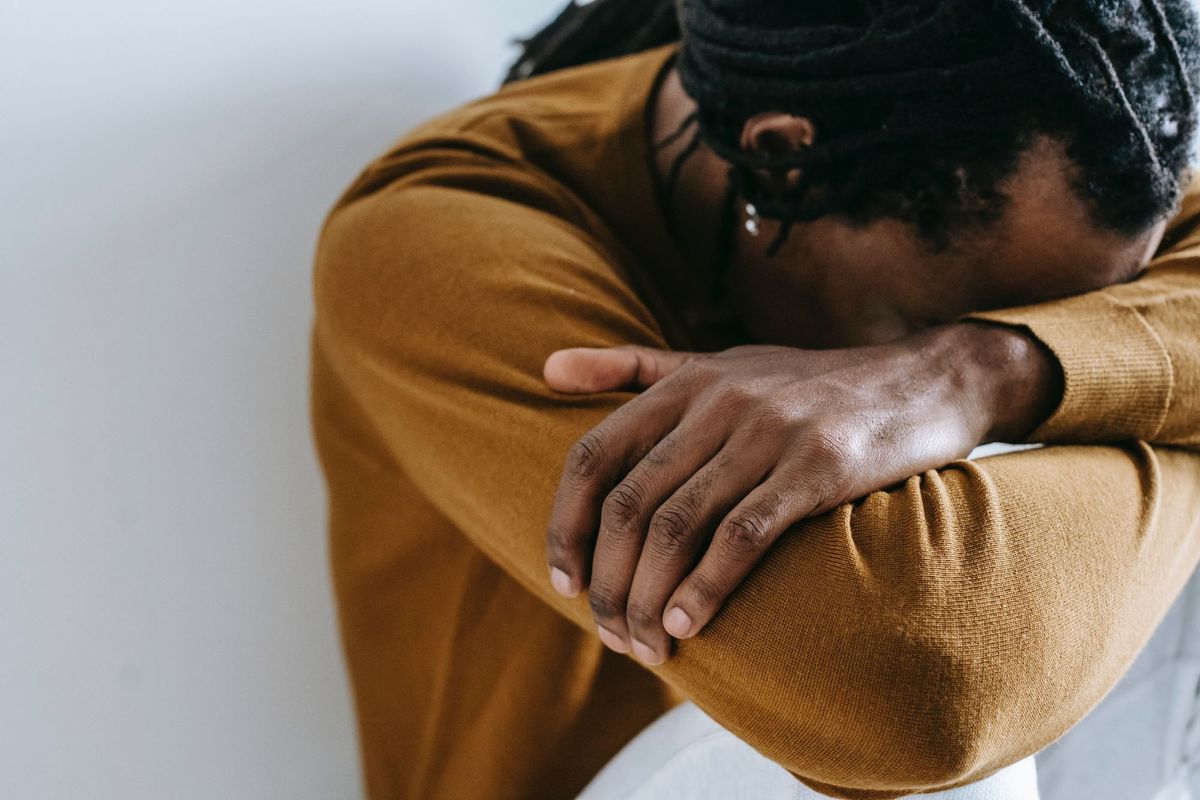What Grief Can Look Like
If you’ve lost a loved one to suicide, you are likely to experience intense grief, sadness, guilt, regret, anger, shame and loss. Here's how you can cope

By Ranjitha Jeurkar
Losing a loved one to suicide can trigger these feelings
Anger: Towards your loved one: "They abandoned me.”
...or towards a perceived ‘culprit’: "They were responsible for this,”
It’s possible and even likely that you will feel both anger and love towards your loved one. They can coexist, and the anger needs to be felt before you arrive at acceptance.
Guilt: “What if I had…”
“If only…” “It's my fault…”
Regret: “I still had things to say to them…”
“If only my last interaction with them had been different...”
Guilt and regret often come from the mistaken belief that your actions could have prevented the person from taking their life.
Shock and confusion: “This was so sudden…”
“But there were no signs, how is this possible?”
“I just can’t believe they chose to go”
Numbness: “I don’t feel a thing.”
Numbness can be the body’s way of protecting you from getting overwhelmed, so that you can continue functioning.
Paranoia and anxiety: “What if this happens to someone else I love?”
“I need to be constantly vigilant to make sure this doesn’t happen to anyone else.”
Despair, sadness, having thoughts of suicide: “I don’t think I can carry on.”
“Maybe I should die too.”
“I can’t bear this pain anymore”
Relief: “They’d been suffering for so long now, I’m glad it’s over.”
Different people grieve differently
Bereavement by suicide can bring up several feelings of intensity, and each one of us grieves differently. If you’re experiencing intense emotions, know that this is a normal part of the grieving process. These emotions are likely to keep on changing during the weeks and months after your bereavement.
What to do in the immediate aftermath
The best way to seek help immediately after suicide bereavement is to speak to someone you trust, someone who will listen to you without judging you, or trying to advise you about what you should do. Finding the right people in your family who will be supportive can help you experience and process the intensity of emotions you may be feeling.

Often, finding the ‘right’ person to talk to is a trial-and-error process; many of us are unlikely to know what suicide bereavement actually means, and how to support someone going through it. So while remembering that often, people may make comments or remarks in a well-meaning fashion, acknowledge what it does to you and assess if speaking to them is helping you to come to terms with what has happened. If not, try speaking to someone else about what you’re going through.
If you’re unable to find support in your immediate circles, you could call a helpline to access immediate assistance.
Dealing with guilt and regret
Suicide is almost always an outcome of a number of different factors. When facing the loss of a loved one to suicide, remember that it’s not always in your control. And that they chose to take their life due to several reasons, including, feelings of helplessness, hopelessness and frustration.
Managing conflicting emotions around memories of the deceased person
You may find that your past memories of your loved one are tinged with anger, frustration or sorrow around the loss experienced through suicide. People bereaved by suicide may also go through second guessing their memories of the person, or wonder if they missed signs or hints that this might happen.
There’s no way to know in retrospect when exactly the person began to think about taking their life.
It’s also okay to stay with the happy memories too, and your impression of those experiences. This is a very valid part of how you experienced their presence in your life. The sorrow and grief that surrounds having lost them does not have to diminish this.
This article has been republished with permission from the Mental Health Matters- Suicide Prevention section of the White Swan Foundation's website.




